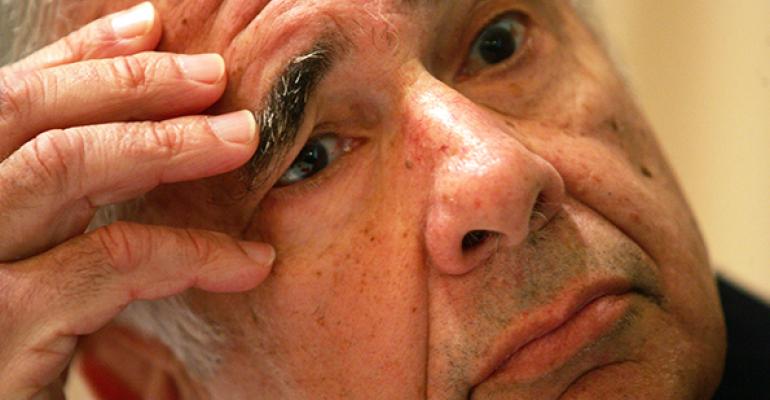(Bloomberg) -- Billionaire Carl Icahn and his investment firm have agreed to pay $2 million to settle a US Securities and Exchange Commission probe that found the legendary investor didn’t properly disclose how much he was borrowing against his stake in the company.
Icahn is being fined $500,000 and Icahn Enterprises LP will pay $1.5 million related to insufficient disclosure of how IEP units were pledged as collateral against his personal margin loans, according to an SEC statement Monday. The investigation started after a report by short-seller Hindenburg Research sent shares in Icahn’s investment firm tanking.
The settlement agreement shows that the 88-year-old investor pledged up to 65% of his IEP units from 2018 to 2022. In exchange, he was granted up to $5.1 billion in personal margin loans by various lenders.
“We are glad to put this matter behind us and will continue to focus on operating the business for the benefit of unit holders,” Icahn said in a statement. After Hindenburg’s report, “the government investigation that followed has resulted in this settlement which makes no claim IEP or I inflated NAV or engaged in a ‘Ponzi-like’ structure.”
Both settlement agreements noted that Icahn and IEP cooperated with the investigation in providing relevant information and documents. Icahn and Icahn Enterprises didn’t admit to or deny the SEC’s findings, but they agreed to cease and desist from future violations, the agency said.
The SEC determined that Icahn didn’t properly amend a securities filing to describe his personal agreements and pledges of IEP securities until July 2023. That month, he also renegotiated loan terms with a group of banks, unlinking the loans from IEP’s share performance.
Icahn Enterprises said last year that it had been contacted by both the SEC’s enforcement division and the US Attorney’s Office to provide information on its corporate governance, capitalization, securities offerings, disclosures, dividends, valuation, marketing materials and due diligence.
IEP’s stock was sent on a downward spiral last May when Hindenburg Research said it was shorting units of the company. Hindenburg said in a lengthy report that the company was overpriced, and said it had found evidence of inflated valuations for some of its assets.
“IEP is settling an unrelated disclosure violation on issues that were reviewed by outside advisers at the time in question,” Jonathan Streeter, a lawyer for IEP, said in a statement. “When IEP made that correction, its unit price barely moved and the market did not react.”





